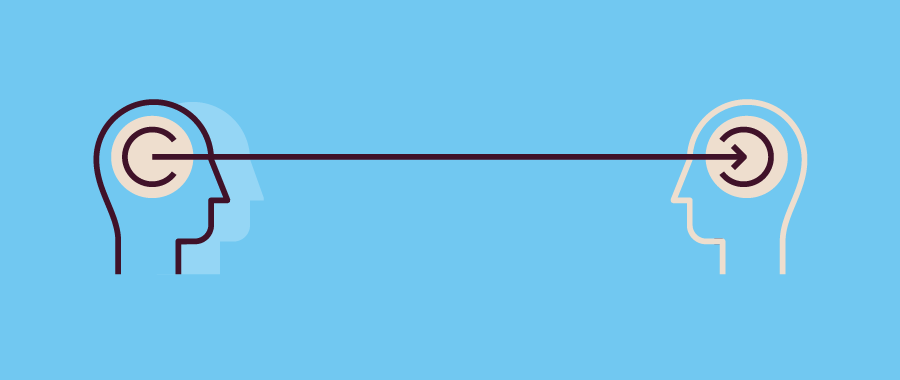
How to get the mental health support you need
Almost half (45%) of all Australians will experience a mental disorder during their lifetime*, and one in five (aged 16-85) in any given year**.
Access to treatment is essential for better health outcomes, but despite the prevalence of mental health disorders very few people seek professional help. The Medicare Better Access initiative is designed to bridge this gap and make mental health treatment more accessible to all Australians.
About Better Access
Better Access connects people experiencing mental health difficulties – including common conditions like depression and anxiety – with evidence based mental health treatment from community based mental health care providers.
It also helps GPs / doctors to better support the mental health and wellbeing of Australians, providing early intervention, assessment and management of people with mental health disorders.
What support is available?
Adults experiencing clinically diagnosed mental health disorders can receive subsidised group and individual treatment provided by psychiatrists, psychologists, GPs, social workers and occupational therapists. Support is also available to children and young people who are deemed to be at risk of developing a mental health disorder.
Eligible patients receive a Medicare rebate to cover part of the cost of seeing a mental health provider – although a gap payment usually applies. See our fees and rebates page for more.
Visiting your GP / doctor
If you or your loved ones are struggling with mental health, a trip to your GP / doctor is a simple and vital first step to getting help and accessing financial support.
Your GP / doctor can assess your needs and help determine whether you are eligible for a GP mental health care plan. This document outlines important information on your symptoms, past treatment, patient needs, agreed goals for treatment and suitable services for accessing the recommended treatment.
Your doctor will also offer suggestions for a suitable mental health care provider, or refer you to a specific provider if you already have one in mind. They can also advise on local low-cost services if you are a low-income earner.
Ongoing support
Your service provider (your clinical psychologist) will review your progress after the first six sessions, and will update your referring GP / doctor advising on progress and the requirement for ongoing treatment.
Source: This article is a revision of “How GPs can support your mental health and wellbeing” written by Dr Lucy Rosman, published by GPs on Bayview in the Western Suburbs Weekly.
Visit mental health aware GPs / doctors in Claremont
For your convenience, the Lawson Clinical Psychology Claremont clinic is co-located with GPs on Bayview. All GPs / doctors at the Claremont practice are trained to manage a range of mental health conditions including depression, anxiety, eating disorders, perinatal mental health, developmental disorders, veterans’ health and more.
More information
If you would like to learn more or book an appointment with one of our experienced clinical psychologists, contact our friendly client team by calling 6143 4499 or email via our contact page.

Contact
Ph: (08) 6143 4499
Fax: (08) 9200 5696
Monday to Thurs 8:30am - 7:30pm
Friday 8:30am - 4:30pm
Saturday 8:30am - 2:30pm
Locations
6 Outram Street
West Perth, 6005 WA
36 St Quentin Avenue
Claremont, 6010 WA
In the spirit of reconciliation, Lawson Clinical Psychology acknowledges the Traditional Custodians of country throughout Australia and their connections to land, sea and community. We pay our respect to their Elders past and present and extend that respect to all Aboriginal and Torres Strait Islander peoples today.
Lawson Clinical Psychology celebrates the extraordinary diversity of people’s bodies, ability, genders, sexualities and relationships that they represent.
Copyright © 2024 Lawson Clinical Psychology. All Rights Reserved. Privacy Policy.
